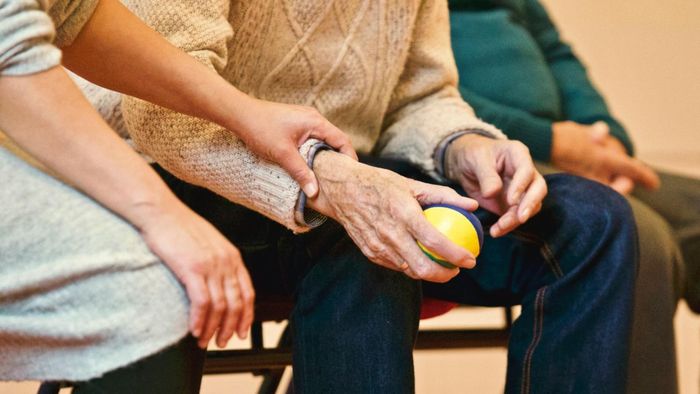South Korea becomes 'super-aged' society with 20% of population over 65
South Korea is now a 'super-aged' society, with over 20% of its populace aged 65 or older. This demographic shift presents economic and social challenges that require urgent policy measures.

- Dec 25, 2024,
- Updated Dec 25, 2024, 1:58 PM IST
South Korea has officially entered the category of a "super-aged" society, with 20% of its population aged 65 or older, according to recent government data. The Ministry of the Interior and Safety reported that 10.24 million people in the country fall into this age group, out of a total population of 51 million.
The data highlights that women aged 65 and older make up 22% of the female population, while men in the same age group account for nearly 18% of the male population. The ageing population is most prominent in South Jeolla Province, where 27.18% of the population is over 65, and least noticeable in Sejong, where only 11.57% belong to this age group. In Seoul, the percentage stands at 19.41%.
South Korea's ageing population has been steadily increasing over the years. In 2008, the country had 4.94 million individuals aged 65 or older, making up 10% of the population. By January 2024, this proportion had grown to 19.05%, surpassing 15% in 2019.
The United Nations classifies countries with more than 20% of their population aged 65 and above as a "super-aged" society. This trend is part of a global demographic shift, with the proportion of people aged 65 and older rising at a faster rate than younger populations. By 2050, the global number of people aged 65 and above is expected to double, outnumbering children under age 5.
The World Health Organization projects that by 2030, 1 in 6 people worldwide will be aged 60 or older, and by 2050, the population of people aged 60 and above will reach 2.1 billion. The number of individuals aged 80 or older is expected to triple between 2020 and 2050, reaching 426 million.